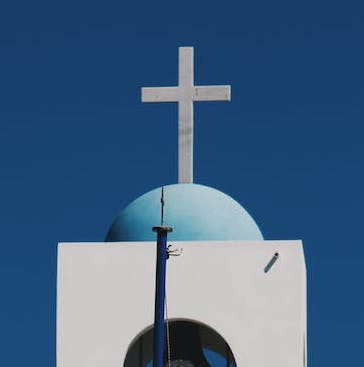Few films have had the cultural impact of “Black Panther.” Marvel’s masterpiece not only introduced audiences to the technologically advanced world of Wakanda but also delved deep into its rich traditions and rituals. Among these captivating traditions are the Jabari chants, led by the formidable M’Baku.
These chants, imbued with power and emotion, have piqued the interest of audiences worldwide. This article aims to explore the depth, meaning, and significance behind the question: “What is M’Baku saying when he does the Jabari chants in Black Panther?” Dive with us into the heart of Wakanda and uncover the mystique of the Jabari Tribe’s evocative chants.

Table of Contents
What is M’Baku saying when he does the Jabari chants in Black Panther?
M’Baku chants and speaks a number of different lines in Jabari in his many appearances.
In Infinity War, M’Baku chants:
“Thank you for standing with us. This will be the end of Wakanda.”
He also joins with the Wakandans and chants, “Yibambe” which essentially means “hold fast.”
In the beginning of the movie, M’Baku is chanting:
“Glory to Hanuman.”
But later in the movie, M’Baku chants and speaks in Jabari:
“You cannot wipe our noses in this! It continues to exist as the Black Panther.”
”As I stand close by him as he fights for Wakanda’s fate, I will also be there.”
“As he will so.”
“I bet you could. But no.”
“I will give no Jabari lives towards your cause.”
“It is our cause. It is for all of us.”
“It’s challenge day. We have watched and listened from the mountains!”
“We have watched with disgust as your technological advancements have been overseen by a child!”
“Who scoffs at tradition!”
The Xhosa language and the Jabari language are distinct dialects of the same language.
Wakandans spoke Xhosa, Jabari spoke Igbo, a language native to Nigeria. The language is a decidedly different sound to Xhosa but also has a strong personality that actor Winston Duke used to influence his characterization of M’Baku.
Meaning of Jabari chants in Black Panther
While the film “Black Panther” doesn’t offer an explicit translation of the Jabari chants, its power and significance are palpable. To truly understand the depth of these chants, one must delve into its different facets:
- The Literal Translation: Within the context of the movie, the chants serve as a call to arms, a heralding of the tribe’s presence, and a display of their unity. While the exact words M’Baku and the Jabari use aren’t directly translated for the audience, the emotion and fervor behind them make their intention clear.
- The Deeper Meaning: Beyond the literal, the chants signify a rallying cry. For the Jabari Tribe, these chants echo their defiance against the modern ways of the rest of Wakanda, a reflection of their commitment to their ancestral traditions, and their unyielding spirit. Each time M’Baku leads his tribe in these chants, he emphasizes their resilience, pride, and distinct identity.
- Symbolism of the Chants: Words have power, and in the world of “Black Panther,” the chants are an embodiment of this power. As M’Baku and his tribe chant, it serves multiple symbolic purposes. It’s a declaration of their presence, a demonstration of their unity, and a challenge to those who would oppose them.
- Impact on M’Baku’s Character Development: M’Baku isn’t just the leader of the Jabari; he’s a symbol of tradition, strength, and honor. The chants, in many ways, accentuate these traits. When he raises his voice, it’s not just as an individual but as the embodiment of his tribe’s collective spirit. This reverence for tradition and the power dynamics it establishes is central to understanding his character’s motivations and actions throughout the film.
- Connection to African Tribal Rituals: Drawing inspiration from the rich tapestry of African culture, the chants mirror the significance of oral traditions across many African communities. Such chants often serve as a means to pass down stories, celebrate significant events, or even to invoke blessings and protections from higher powers. By integrating such a chant in the film, “Black Panther” pays homage to these rich traditions while crafting something unique to the world of Wakanda.
By understanding the multi-layered essence of the Jabari chants, one can better appreciate the depth of storytelling and cultural representation that “Black Panther” offers. The chants, though brief in the grand scheme of the movie, are emblematic of the film’s commitment to authenticity, depth, and the celebration of African culture.
The Impact of the Jabari Chant on the Audience
The visceral and emotional impact of the Jabari chants on viewers cannot be overstated. When M’Baku and the Jabari Tribe raise their voices in unison, the effect is electrifying, resonating deeply with audiences both within and outside the context of the film. Here’s a more in-depth look at the various ways the chants left a lasting impression:
- A Powerful Connection: The fervor and intensity of the Jabari chants create an immediate emotional connection. The raw energy emanating from the screen pulls the audience into the world of Wakanda, allowing them to feel the pride, defiance, and unity of the Jabari Tribe.
- A Cultural Resonance: For many, especially viewers of African descent, the chants echoed the rhythms and tones familiar from various African cultures. This created a sense of belonging and representation rarely seen in blockbuster films.
- A Moment of Pure Cinema: Great movies have moments that leave audiences spellbound, and for many, the Jabari chants were such a moment in “Black Panther.” The combination of sound, performance, and cinematography during these sequences was a masterclass in evoking emotion.
- Transcending Language Barriers: Even without understanding the exact words, the emotion behind the chants was universally understandable. This showcases the power of cinema to transcend language barriers and convey feelings and narratives.
- Sparking Curiosity: The chants sparked a wave of interest and curiosity. Post the movie’s release, there was a surge in online discussions, articles, and videos exploring the deeper meaning, origins, and cultural significance of the Jabari chants. This testifies to the impact they had in making viewers want to learn more.
- A Rallying Cry for Unity and Strength: The chants also serve as a universal rallying cry. They emphasize the strength of unity and the power of tradition, themes that resonate with audiences worldwide, reminding them of the significance of coming together in times of adversity.
FAQs
What is the significance of the Jabari chants in the movie?
The Jabari chants are a powerful representation of the tribe’s unity, defiance, and identity. They are used as a rallying cry, a declaration of their presence, and a challenge to rivals.
Are the Jabari chants inspired by real-life African chants?
While “Black Panther” drew inspiration from various African cultures and traditions, the Jabari chants are a creative interpretation meant for the film’s narrative. They echo the rhythms and tones familiar to many African cultures but are unique to the world of Wakanda.
See Related Posts

Gregorian Christmas Chants

Love Spell Chants
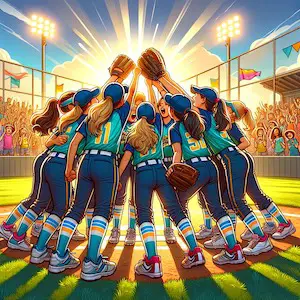
Best Softball Chants for U12
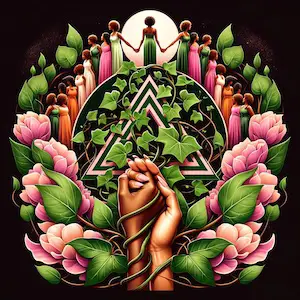
AKA Sorority Chants

Argentina Football Chants

Short Chants and Cheers
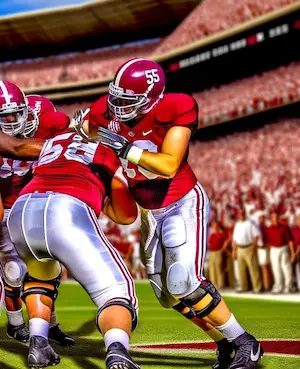
Alabama Football Chants
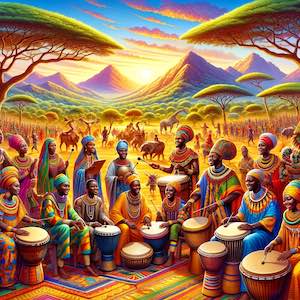
Everything to Know About African Chants
